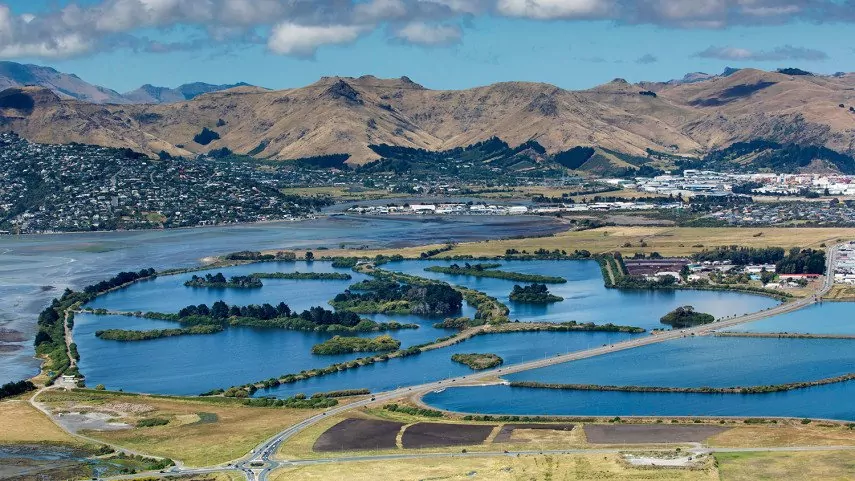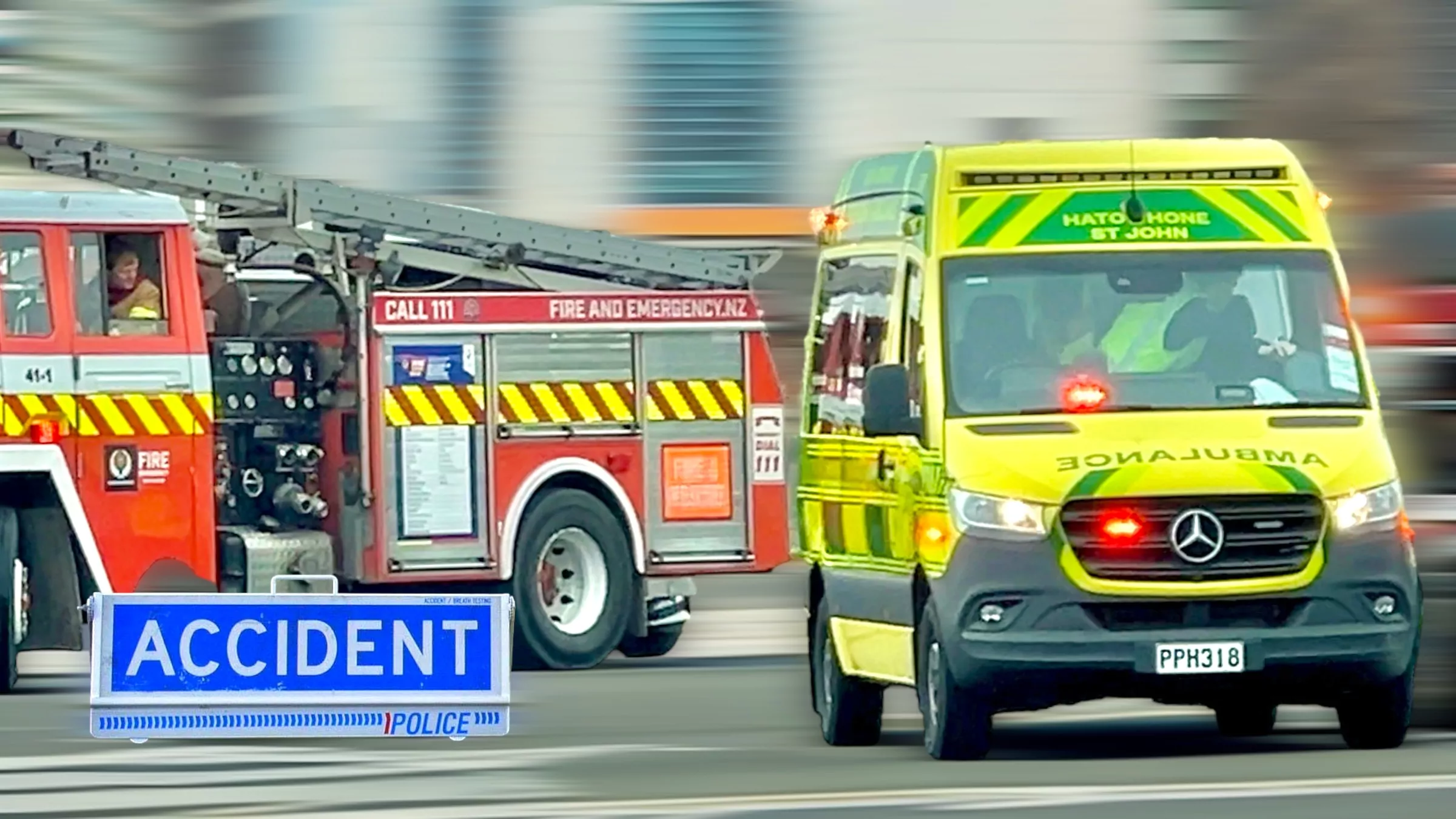Escaped youth tracked by Eagle helicopter, found hiding in New Brighton
The young person who escaped from a youth justice facility in Rolleston has been located...
There are no new cases of COVID-19.
Director-General of Health Dr Ashley Bloomfield says this encouraging news means New Zealand’s combined total of confirmed and probable cases remains at 1,497, of which 1,147 are confirmed.
He says “we now have 1,402 people reported as having recovered from COVID-19, an increase of 4 on yesterday. This is 94% of all confirmed and probable cases.”
“Again today there are two people receiving hospital level care for COVID-19 – one each in Middlemore and North Shore hospitals. Neither is in ICU. We still have 16 significant clusters, four of which are closed.”
“Yesterday our laboratories processed 5,961 tests, bringing the total number of tests completed to date to 203,045.”
“The milestone of 200 thousand tests is just over 4% of the population and is a significant achievement,” says Director-General of Health Dr Ashley Bloomfield.
“I want to recognise everyone who has been tested, and the skilled workforce carrying out this testing which will continue to be an important pillar in the fight against COVID-19.”
LEVEL 2
“As the country prepares for Level 2 tomorrow, the sense of anticipation is both palpable and understandable.
“We’re all looking forward to re-establishing some of the routines and rhythms of our ‘normal’ lives.
“In Level 2,a it’s vital we continue to model the personal behaviours which are going to keep COVID-19 out of the New Zealand environment.
“The experiences we are seeing in other countries which have eased restrictions increasingly emphasises the need for us to be careful and not give away the substantial gains we’ve made.”
Key health measures in Level 2 are:
· Keep your distance from other people when you’re out in public, including on transport.
· If you’re sick, stay home. Don’t go to work or school. Don’t socialise.
· If you have symptoms of cold or flu call your doctor or Healthline immediately and get tested.
· Good hand hygiene will continue to be the simplest and most effective tool we have to keep COVID-19 at bay.
· Keep your social gatherings to a maximum of 10 people at once.
· Keep track of where you’ve been and who you’ve seen to help with contact tracing if we need it.
“Today’s figures reinforce that we’re on the right path, maintaining our gains and heading for success but international experience shows that this is a stubborn virus,” says Dr Bloomfield. “We don’t want a situation where we start seeing spikes. We need to remain vigilant.”
HUMAN RIGHTS COMMISSION “DEEPLY CONCERNED” ABOUT PUBLIC HEALTH RESPONSE BILL
The Human Rights Commission is deeply concerned about the lack of scrutiny and rushed process for the COVID-19 Public Health Response Bill.
“For weeks the Government has known that we would be moving to alert level 2. It has not allowed enough time for careful public democratic consideration of this level 2 legislation. There has been no input from ordinary New Zealanders which is deeply regrettable,” said Chief Human Rights Commissioner Paul Hunt.
“This is a great failure of our democratic process. The new legislation, if passed in its current state, will result in sweeping police powers unseen in this country for many years.”
The Human Rights Commission is strongly of the view that the legislation must include a provision to ensure those making decisions, and exercising powers, under the new law, will do so in accordance with national and international human rights commitments and Te Tiriti o Waitangi.
“Given our concerns expressed to the Attorney General yesterday about the two-year sunset clause in the Bill, we are pleased to see that Parliament will be changing this to 90 days. However, given that the legislation encroaches on the civil liberties of New Zealanders we have serious concerns about whether the powers are proportionate.”
“In times of national emergency sweeping powers are granted. There is a risk of overreach. Mistakes are made and later regretted. This is precisely when our national and international human rights, and Te Tiriti, commitments must be taken into account.”
“Human rights can help to ensure all measures are effective, balanced, fair, reasonable, non-discriminatory, proportionate and subject to independent review. If the Government wishes to retain the public’s trust and confidence, it must honour human rights and Te Tiriti.”
“A process of regular review by Parliament is needed. If passed in its current form, the Bill should be reviewed by select committee at regular terms and the Government should be open to any recommended changes.”
ACT PARTY TO OPPOSE PUBLIC HEALTH RESPONSE BILL
The ACT Party will today oppose the Government’s Public Health Response Bill.
“This law fails to balance the rights and freedoms and overall welfare of all New Zealanders with the Government’s effort to control COVID-19,” says ACT Leader David Seymour.
“I have tried to work constructively with the Government on the legal framework for Alert Level 2, however, they have not taken my concern for the respect of people’s basic rights and freedoms seriously.
“The Government has not made sufficient changes that would allow me to support this Bill.
“The Bill gives the Director General of Health too much power with not enough accountability. I have tried to work constructively to limit the power of the Director General, making a democratically elected Minister the only person with the power to issue long term orders, but the Government voted against that.
STATE OF NATIONAL EMERGENCY LIFTED
The State of National Emergency across New Zealand has been lifted and a National Transition Period is now in place as the country prepares to move to COVID-19 Alert Level 2, Civil Defence Minister Peeni Henare has announced.
The State of National Emergency was issued on 25 March as the country entered COVID-19 Alert Level 4 lockdown and the seven-day state was extended six times.
“This move does not signal that New Zealanders should stop being vigilant in protecting themselves and others from the virus. It is essential we all follow the Alert Level requirements to ensure we do not lose the gains we have made,” Peeni Henare said.
“With fewer restrictions in place as we move to Alert Level 2 on Thursday, and the decrease in the numbers of COVID-19 cases, it is now the appropriate time to lift the State of National Emergency and move into a National Transition Period.


